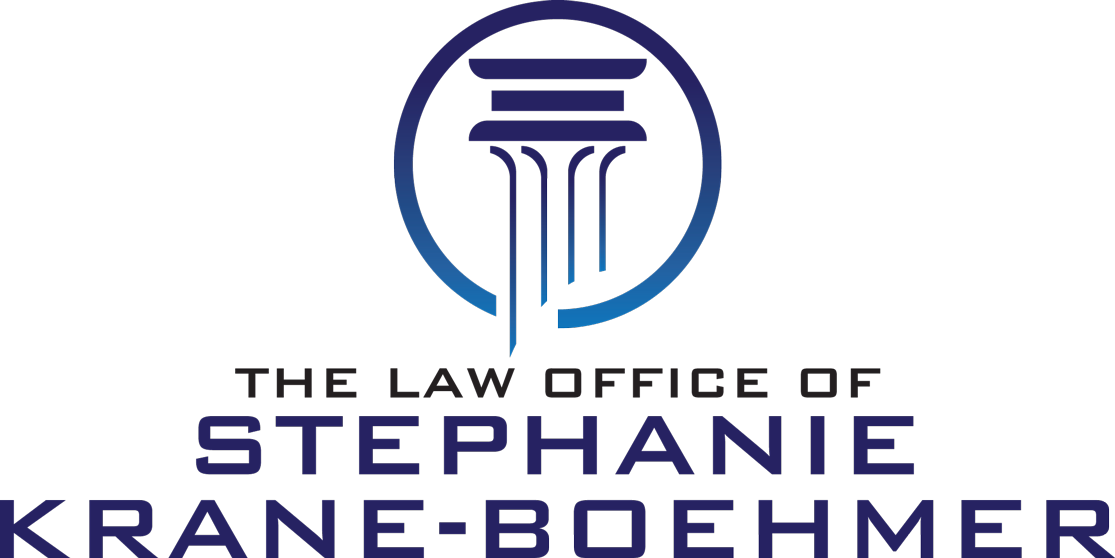Getting into trouble with debts that far exceed your income and no foreseeable way to reduce them can be a frightening reality caused by all kinds of circumstances. Filing for bankruptcy is one of several options to get back on track to financial stability. There are consequences to filing for bankruptcy, so it is not a decision to be made lightly, and there is a social stigma attached to it. However, bankruptcy should not be viewed as a negative. It is intended to give an opportunity for honest people to have a second chance and a clean slate.
Bankruptcy is not a free pass to walk away from your debts, and it doesn’t necessarily mean that you will lose your home or all of your possessions. Bankruptcy is a complicated process, and you should hire an experienced lawyer to help you navigate it and decide which option is best for you.
The very first step before filing for bankruptcy is to complete an accredited credit counselling course. Your bankruptcy lawyer can help you locate an agency that provides credit counselling and ensure that it fulfils the requirements to allow you to proceed with the filing. The next step is to assess your current financial situation and determine which bankruptcy process, chapter 7 or chapter 13, is most appropriate for your situation.
The Basics of Chapter 7 Bankruptcy
When most people think of personal bankruptcy, chapter 7 bankruptcy is what they have in mind. It is considered a ‘Fresh Start’ type of bankruptcy. In chapter 7 bankruptcy, some of your assets may be liquidated to pay off your creditors – but only those that cannot be protected. The assets can include your home, your vehicle and some of your personal belongings. A bankruptcy trustee is put in charge of the liquidation and distributing the proceeds to creditors. At the end of chapter 7 bankruptcy, many of your unsecured debts are discharged, but not necessarily all of them. For example, child support or alimony payment, student loans, and tax debts will remain and will need to be repaid in the future.
In order to qualify to file for chapter 7 bankruptcy, you must not have filed for bankruptcy within the last eight years, and you must meet income and debt level criteria. Your income must be less than the median income for similar households.
Even if you don’t qualify for chapter 7 bankruptcy because your income is too high, you may still be able to apply for chapter 13 bankruptcy.
Hire a Bankruptcy Lawyer
Take the important first step of hiring an experienced bankruptcy lawyer who can help you decide on the most appropriate course of action. No one chooses to let debt get out of control. If it happens to you, contact bankruptcy lawyer Stephaine Krane-Boehmer. Stephanie takes a hands-on approach with each client by listening to your unique circumstances, helping you understand the process, providing the expertise to get to a suitable resolution as quickly and comfortably as possible. The important thing for you to know is that there are options open to you and that no situation is hopeless. Call for a consultation to get started today.

